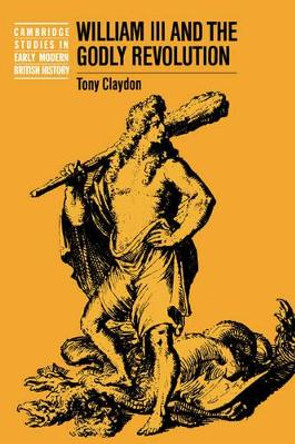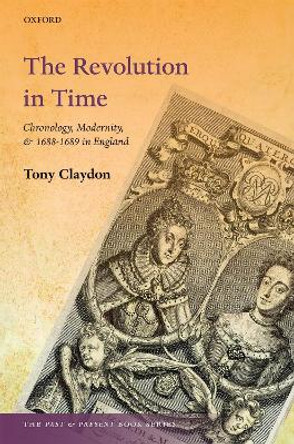Wide-ranging and original re-interpretation of English history and national identity during the vital century (1660-1760) in which the country emerged as the leading world power and developed its peculiarly free political culture. Disputing the insular and xenophobic image of the English in the period, and denying that this was an age of secularisation, Tony Claydon demonstrates instead the country's active participation in a 'protestant international' and its deep attachment to a European 'Christendom'. He shows how these outward-looking identities shaped key developments by generating a profound sense of duty to God's foreign faithful. The English built a world-beating state by intervening abroad to defend Christendom and the reformation, and their politics were forged as they debated different understandings of these international entities. England may have diverged from continental norms in this period but this book shows that it did so because of its intense religious engagement with that continent.
This study re-interprets English history and national identity in the century after the civil war.About the AuthorTony Claydon is Senior Lecturer in History at the School of History and Welsh History, University of Wales, Bangor. His previous publications include William III and the Godly Revolution (1996) and, as co-editor, Protestantism and National Identity: Britain and Ireland, 1650-1850 (1998).
Reviews'... impressive and widely researched.' The Times Literary Supplement
'... this is a rewarding and persuasive portrait of Christian England in search of ever closer union with European Christendom.' Journal of Ecclesiastical History
Book InformationISBN 9780521615204
Author Tony ClaydonFormat Paperback
Page Count 392
Imprint Cambridge University PressPublisher Cambridge University Press
Weight(grams) 626g
Dimensions(mm) 229mm * 154mm * 25mm









